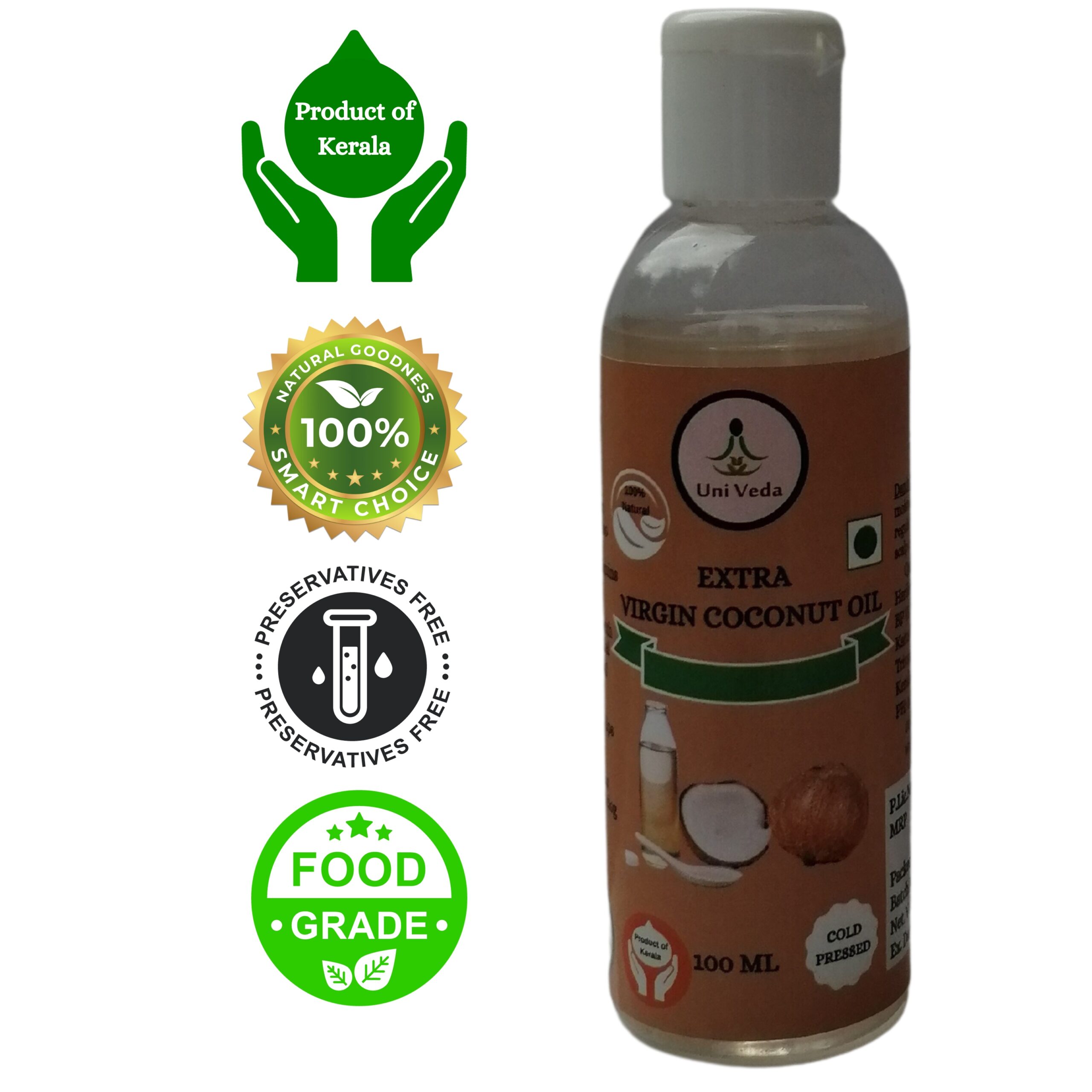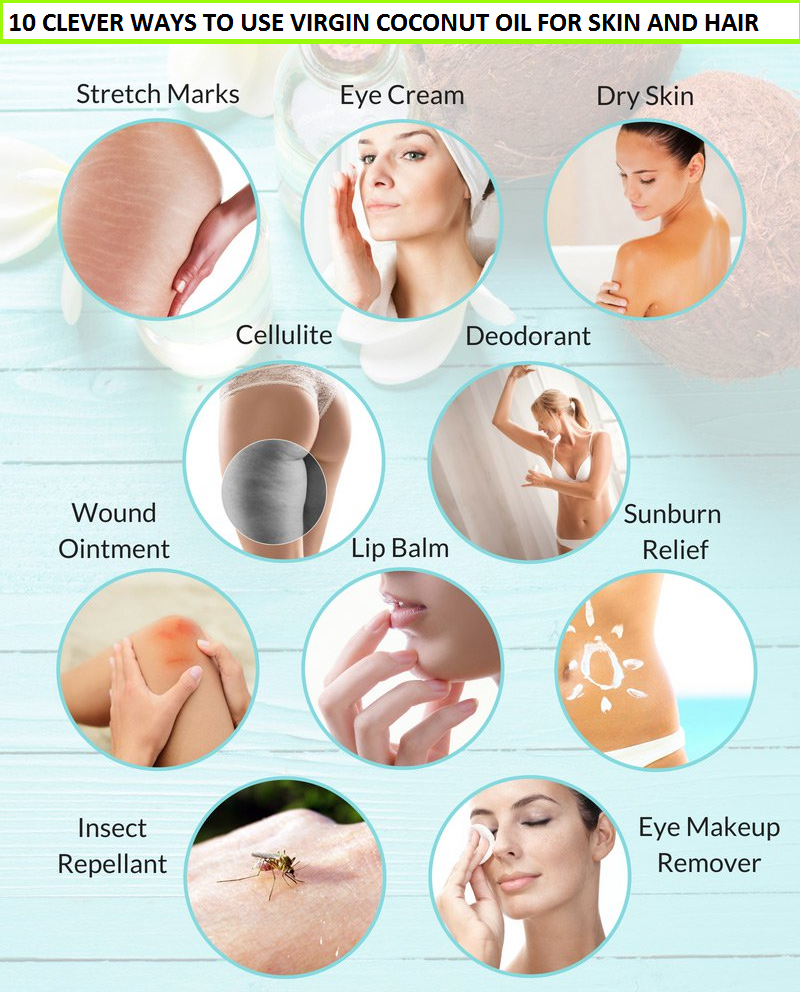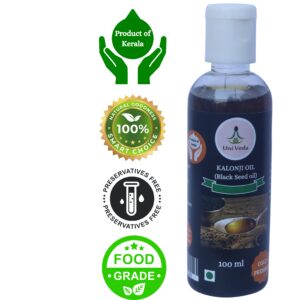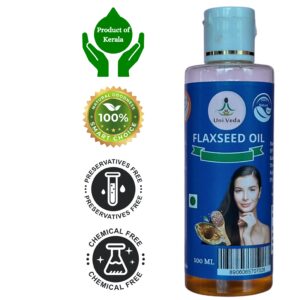OVERVIEW
Extra Virgin Coconut Oil: Nature’s Multi-Purpose Elixir
Introduction
Extra virgin coconut oil is a highly versatile and widely celebrated natural product known for its numerous health and beauty benefits. Derived from the kernel or meat of mature coconuts, this oil undergoes minimal processing, ensuring it retains its rich nutrients and distinct aroma. In this article, we will explore what extra virgin coconut oil is, its key ingredients, how to use it, and the benefits it offers. Additionally, we will address some frequently asked questions to provide a comprehensive understanding of this remarkable elixir. Let’s dive in and unlock the wonders of extra virgin coconut oil!
What is Extra Virgin Coconut Oil?
Extra virgin coconut oil is a natural oil extracted from the fresh kernel of mature coconuts. It is obtained through a cold-pressing process, which preserves its nutritional value and aromatic properties. This type of coconut oil is unrefined and free from additives, making it a pure and high-quality choice.
BENEFITS
Benefits of Extra Virgin Coconut Oil:
Extra virgin coconut oil offers a range of benefits, including:
Skin Moisturization: It effectively moisturizes the skin, keeping it soft and supple.
Hair Conditioning: Coconut oil helps nourish and strengthen the hair, reducing dryness and promoting healthy growth.
Oral Health: Oil pulling with coconut oil can improve oral hygiene and freshen your breath.
Antimicrobial Properties: The lauric acid in coconut oil provides antimicrobial effects, helping combat harmful bacteria and fungi.
Antioxidant Protection: The presence of vitamin E and polyphenols in coconut oil contributes to its antioxidant properties, which help protect the body against oxidative stress and damage caused by free radicals.
INGREDIENTS
Key Ingredients
Extra virgin coconut oil contains a unique composition of beneficial ingredients, including:
Lauric Acid: This medium-chain fatty acid is abundant in extra virgin coconut oil and offers antimicrobial and antibacterial properties.
Vitamin E: As a potent antioxidant, vitamin E helps protect the skin against damage caused by free radicals and promotes overall skin health.
Polyphenols: These natural compounds possess antioxidant and anti-inflammatory properties, contributing to the oil’s health benefits.
GUIDE
For Hair:
Warm the oil: Place a jar of extra virgin coconut oil in warm water to liquefy it, as it solidifies at cooler temperatures. Avoid using a microwave as it may degrade the oil’s beneficial properties.
Apply to hair: Take a small amount of melted coconut oil in your palms and rub them together to distribute the oil evenly. Gently massage the oil into your scalp, working your way down to the ends of your hair.
Cover and leave it on : Once the oil is applied, cover your hair with a shower cap or towel to create a warm environment. Leave the oil on for at least 30 minutes, or for an intensive treatment, leave it overnight.
Rinse and wash: After the desired duration, rinse your hair thoroughly with warm water. Afterward, use a mild shampoo to effectively eliminate any lingering traces.
Repeat: For best results, repeat this process once or twice a week to maintain nourished, hydrated, and shiny hair.
For Skin:
Cleanse your skin: Start with clean skin, free from makeup or impurities. Use a gentle cleanser suitable for your skin type to ensure a fresh canvas.
Take a small amount of coconut oil: Scoop out a small amount of extra virgin coconut oil from the jar using clean fingers or a spatula.
Warm the oil: Rub the oil between your palms to warm it up and melt it if necessary.
Apply to the skin: Gently massage the oil onto your face or body using upward circular motions. Focus on dry or problem areas that require extra hydration.
Allow absorption: Give the oil time to absorb into your skin. For daytime use, you can blot off any excess oil with a tissue or cloth.
Optional: If desired, you can follow up with your regular moisturizer or sunscreen for added protection.
Repeat: Incorporate coconut oil into your skincare routine as needed, whether it’s daily or a few times a week, depending on your skin’s needs.
Frequently Asked Questions (FAQ)
Q. Can extra virgin coconut oil be used for oily skin?
A. Yes, extra virgin coconut oil can be used for oily skin. However, it’s recommended to use it in moderation and perform a patch test to ensure it doesn’t cause any adverse reactions.
Q. Is extra virgin coconut oil suitable for all hair types?
A. Yes, extra virgin coconut oil is suitable for all hair types. However, individuals with fine or thin hair may prefer to use it as a pre-shampoo treatment or apply it sparingly to avoid weighing down the hair.
Q . Can extra virgin coconut oil be used for cooking at high temperatures?
A. Yes, extra virgin coconut oil has a high smoke point, making it suitable for cooking at high temperatures. It remains stable and retains its nutritional properties even when subjected to heat.
Q. Can extra virgin coconut oil help with dry scalp or dandruff?
A. Yes, applying extra virgin coconut oil to the scalp can help moisturize and nourish dry scalp, potentially reducing dandruff. Massage a small amount into the scalp and leave it on for a few hours or overnight before rinsing.
Q. Is extra virgin coconut oil safe to use during pregnancy?
A. Extra virgin coconut oil is generally considered safe for external use during pregnancy. However, it’s advisable to consult with a healthcare professional before using any new products or supplements during pregnancy or while breastfeeding.
Conclusion
Extra virgin coconut oil stands as a versatile and beneficial natural product, offering a multitude of uses and health benefits. From its nourishing effects on the skin and hair to its antimicrobial properties and culinary applications, this elixir is truly a gift from nature. By incorporating extra virgin coconut oil into your daily routine, you can harness its remarkable qualities and enhance your overall well-being. Embrace the power of extra virgin coconut oil and experience its wonders firsthand!









Reviews
There are no reviews yet.